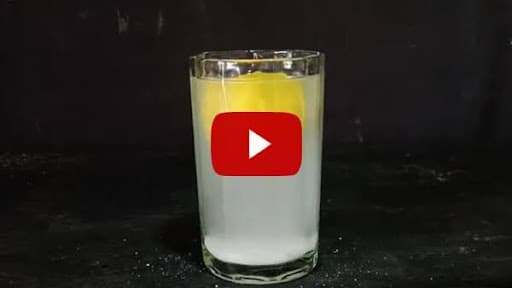Alcohol is Now Killing Us MORE than Smoking (new study finds)
Alcohol consumption has long been a socially accepted norm, often attributed to various health benefits, especially with moderate intake. However, recent studies reveal otherwise, challenging previous literature and emphasizing the detrimental impacts on health and brain structure.
The notion that moderate alcohol consumption may offer longevity benefits stems from a U-shaped curve in older studies, which suggested that small amounts could be beneficial while excessive drinking was harmful. However, what many overlooked is the issue of
reverse causality
. This phenomenon describes how health issues from past drinking skew studies, misrepresenting non-drinkers as having poor health by ignoring their prior alcohol-driven problems.
Furthermore, bias in alcohol research categorized occasional celebratory drinkers with routine consumers, misclassifying what constitutes moderate drinking. Recognizing these critical issues in study methodologies redesigns our understanding of what alcohol actually does to our health.
Recent studies employing advanced imaging techniques, such as MRIs, reveal chilling insights into alcohol's impact on the brain. Data indicates even moderate consumption leads to
reduction in gray matter volume and damage to white matter structures
. This structural deterioration impairs reasoning, visual acuity, and overall brain connectivity.
One startling discovery showed that moderate alcohol intake has a more destructive impact on cognitive ability and brain health than the combined effects of

Save on Home Projects
Get Started
. Such findings necessitate a reevaluation of our lifestyle choices concerning regular alcohol consumption.
For many, sipping on an alternative beverage at social gatherings can ease the transition from regular alcohol consumption. Options like
Kava
and
hop water
, provide a relaxing buzz without the negative health impacts. These drinks do not affect the brain detrimentally while offering some potential benefits in stress reduction and neurological health.
While participating in festivities without alcohol might initially feel awkward, creating new habits can yield immense benefits to overall wellness and longevity. Shifting focus from alcohol-centric socializing can unveil a sense of invigoration and vitality, along with enhanced cognitive functions and emotional stability.
At the end of the day, we cannot let the studies that feel good dictate our behavior. It's easy to cherry-pick, but a responsibility follows within acknowledging bias between life and research.
These insights invite us to move beyond preconceived notions surrounding alcohol consumption and earnestly recognize its broader implications on health, extending from personal well-being to peaceful coexistence within society. Committing to change starts not just with limiting intake but exploring entirely new ground where wellness prevails without alcohol's warm but unforgiving embrace.
From Around The Web
Wellness Inbox is a blog & weekly newsletter that curates trending news and products related to health and wellness from around the web. We also gather content from various sources, including leading health professionals, and deliver it directly to you.
Please note that we may receive compensation if you purchase any products featured in our newsletter. Wellness Inbox is not affiliated with, nor does it endorse, any health professionals whose content may appear in our newsletter. The information provided is for general informational purposes only and should not be considered medical advice.
The information provided is not intended to replace professional medical advice, diagnosis, or treatment. All content, including text, graphics, images, and information available is for general informational purposes only. We do not guarantee the accuracy or completeness of any information presented and assume no liability for any errors or omissions. The content is subject to change without notice. We encourage you to verify any information with other reliable sources and consult your physician regarding any medical conditions or treatments.






